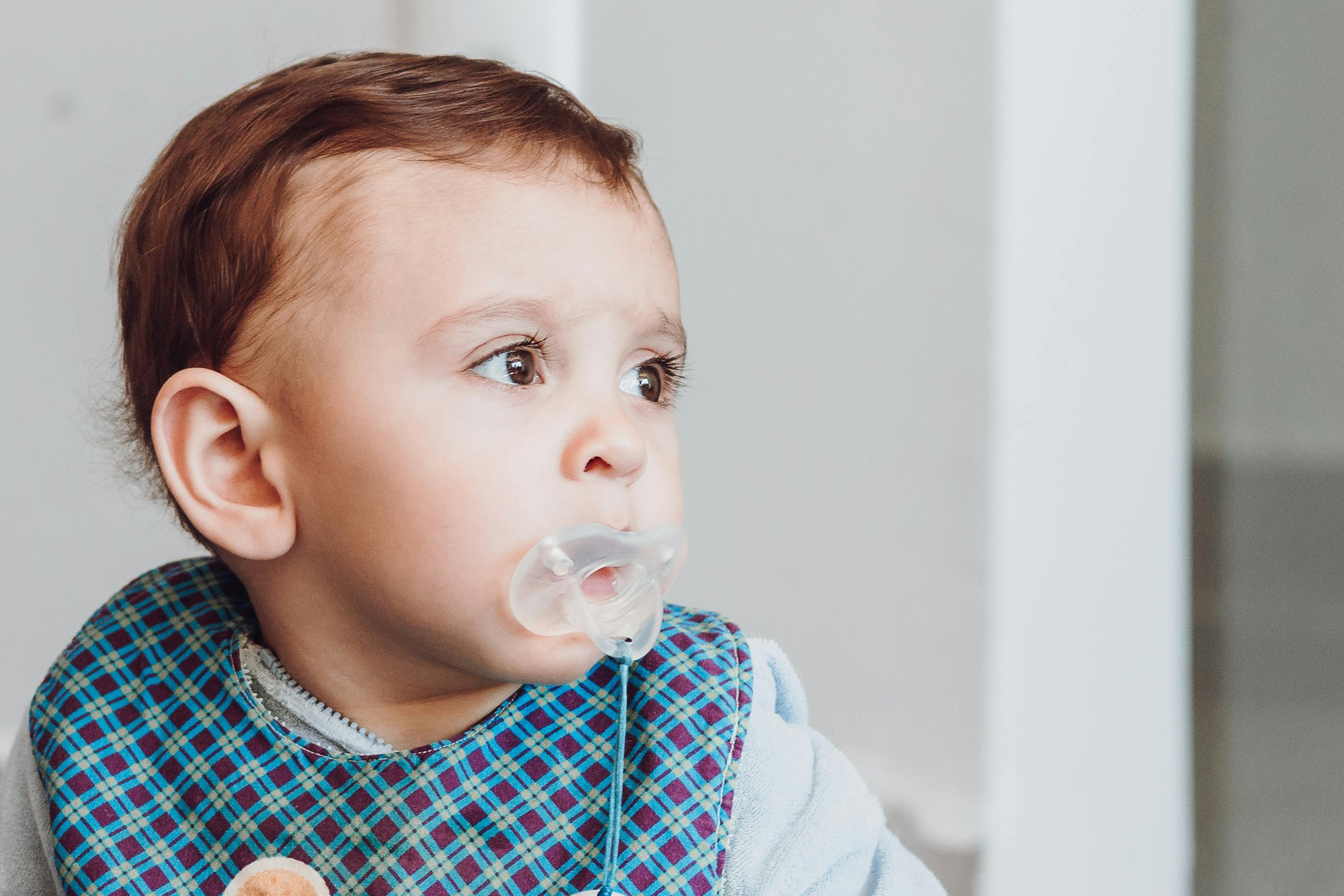Table of Contents
Establishing Trust and Reliability
Trust is the foundation of any successful relationship, and this is especially true when it comes to babysitting. Parents need to feel confident that their children are in good hands when they leave them with a babysitter, so it’s essential to establish trust and reliability from the start. Be punctual, responsible, and consistent in your interactions with parents and children. Follow through on commitments and communicate openly and honestly about your availability, experience, and any concerns or questions you may have. By demonstrating your trustworthiness and reliability, you can build strong relationships with families and fellow babysitters in your community.
On-Demand Childcare in Your Neighborhood
Book a Sitter
Communication and Collaboration
Clear and effective communication is key to fostering positive relationships with your babysitting community. Make sure to communicate openly and honestly with parents, children, and other caregivers about expectations, schedules, rules, and any special considerations or needs. Listen actively, ask questions, and provide feedback in a respectful and constructive manner. Collaboration is also important in building a strong babysitting community, so be willing to work together with other caregivers to share resources, advice, and support. By maintaining open lines of communication and collaborating with others, you can create a cohesive and supportive network of caregivers in your community.
Networking and Building Connections
Networking is a valuable tool for building relationships and expanding your babysitting community. Attend local events, workshops, and online forums to meet other caregivers, parents, and families in your area. Exchange contact information, share experiences, and stay connected with others who share your passion for childcare. Building connections with fellow babysitters can lead to new opportunities, referrals, and friendships that can enrich your babysitting experience. By networking and building connections within your babysitting community, you can access a wider range of resources and support that can benefit both you and the families you work with.

Mutual Support and Assistance
Being a part of a babysitting community means that you have a network of support and assistance available to you when you need it. Reach out to other caregivers for help, advice, or resources, and be willing to offer your own assistance when others are in need. Share your knowledge, skills, and experiences with fellow babysitters, and be open to learning from others as well. By supporting and assisting each other, you can create a strong sense of community and camaraderie that will benefit everyone involved.
Remember that being a part of a babysitting community means that you are not alone, and that you have a network of caregivers who are there to support you in your role.
Professionalism and Respect
Maintaining a high level of professionalism and respect is essential for building positive relationships with your babysitting community. Treat parents, children, and fellow caregivers with respect, courtesy, and kindness at all times. Follow through on commitments, uphold confidentiality, and adhere to professional standards and guidelines in your interactions with others. Demonstrate a strong work ethic, positive attitude, and dedication to your role as a caregiver. By conducting yourself with professionalism and respect, you can earn the trust and respect of others in your babysitting community, and contribute to a positive and welcoming environment for everyone involved.










